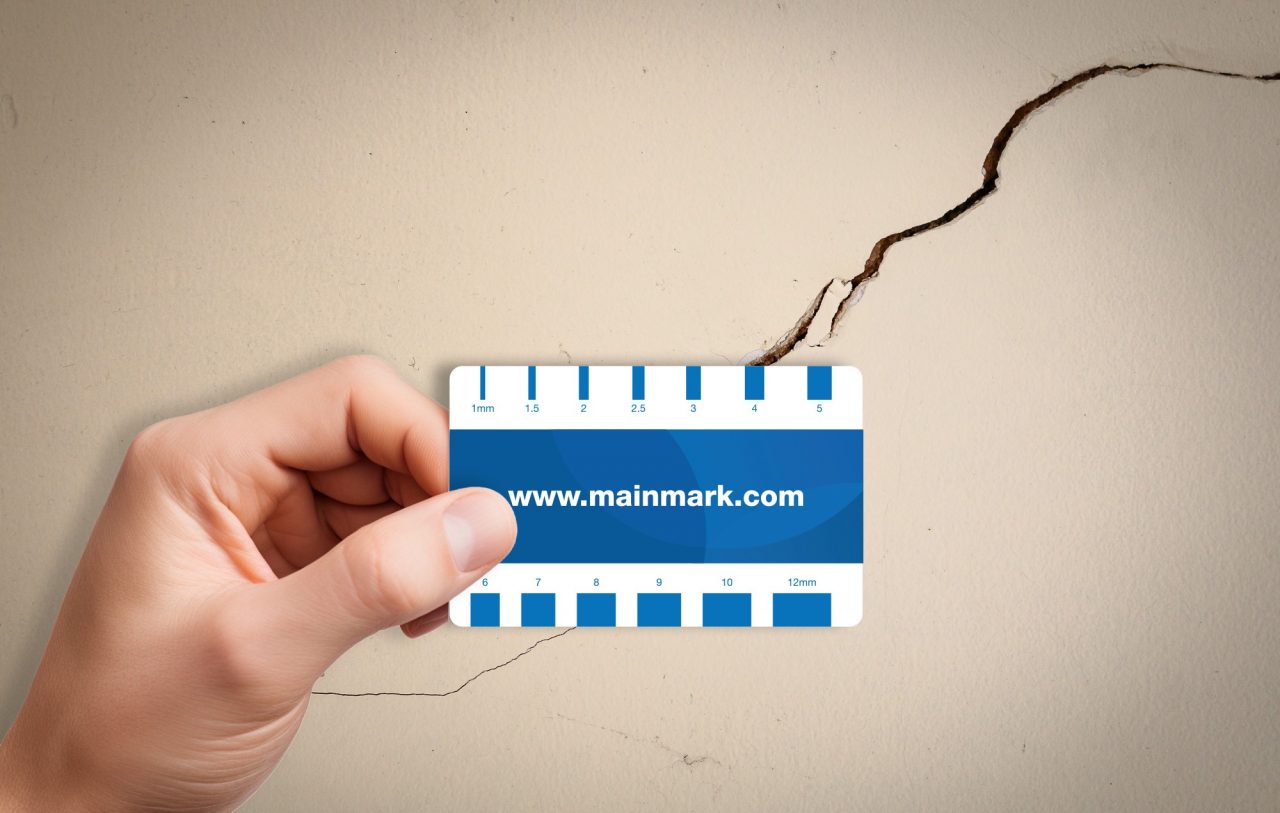What is reactive clay soil in Australia & what damage will it do to my home?
Reactive clay soil, also known as expansive or shrink-swell clay, is a type of soil that changes its volume significantly with variations in moisture content. When it absorbs water, it expands, and when it dries out, it contracts. This characteristic makes it “reactive,” and it’s typically found in areas with a dry climate or where seasonal variations in moisture are significant.
Damage it can cause to your home:
Foundation Problems
Mainmark provides underpinning in, Canberra, Hobart, Townsville NSW, QLD, SA, WA, Tasmania, Victoria plus the major cities of Sydney, Melbourne, Perth, Adelaide, Brisbane, Newcastle
Mainmark also provide the following in Australia: wall crack repairs, sinking floor repair, Concrete slab repair, sinking foundation repair, underpinning, ground improvement, re-levelling, subsidence repair, void filling and slab lifting
Cracked Walls and Floors
The shifting of the soil beneath your home can lead to cracks in the walls, floors, and ceilings, especially around door frames and windows.
Uneven Settling
Your home may begin to settle unevenly as the ground beneath it shifts. This can lead to a sloping floor, misaligned doors, or windows that no longer open or close properly.
Plumbing Issues
The movement of the soil can damage underground pipes, especially those made of PVC, causing leaks or even breaks in the pipes.
Landscaping Damage
Reactive clay can also affect the landscaping around your home, especially if trees or shrubs are planted too close to the foundation. The roots of these plants can exacerbate the soil’s movement.
Locations
Reactive clay soils in Australia
If you live in an area with reactive clay soil, it’s important to ensure your home’s foundation is properly designed and reinforced to withstand soil movement. Regular moisture control around the foundation can also help reduce damage.
In Australia, reactive clay soils are commonly found in several regions, particularly in areas with a dry climate or where there are significant seasonal variations in rainfall. Some of the main regions in Australia known for having reactive clay soils include:
Sydney Basin (New South Wales)
Much of the Sydney area, including suburbs and regions like the Hills District, has expansive clay soils. These soils are often problematic for building foundations due to their shrink-swell properties.
Melbourne and Surrounding Areas (Victoria)
Parts of Melbourne, especially in the western and northern suburbs, as well as areas like Geelong, are known for having reactive clay soils. These soils can cause issues with foundations and landscaping.
Brisbane and Surrounding Areas (Queensland)
Certain areas in Brisbane, such as the western suburbs and parts of the Sunshine Coast and Gold Coast, also have expansive clay soils. They can cause foundation and drainage problems in both residential and commercial properties.
Adelaide and Surrounding Areas (South Australia)
Some areas around Adelaide, particularly in the foothills and certain rural zones, are known to have reactive clays that cause issues with soil movement and building foundations.
Perth (Western Australia)
While less common than in the eastern states, some areas in and around Perth, especially in the Swan Valley and the eastern suburbs, contain reactive clay soils that can lead to issues with ground movement.

Start measuring wall cracks from the convenience of your home.
If you notice wall cracks around your home that are:
Large cracks that start at windows, doorways or corners of buildings
Cracks wider than 5mm
Jagged, horizontal or vertical, zig-zagged, stepped in brickwork or follow mortar line
These characteristics may indicate weakness in your property’s foundation.
To help you discover if the cracks in walls around you home could be due to subsidence, we’ve developed this handy tool. Download our FREE crack gauge and start measuring and monitoring the wall cracks around your home now!
Features & Benefits
Mainmark’s Solutions & Technologies

Fast
Our technologies have fast curing times and treated areas can be used immediately or without the delays compared to traditional repair methods.

Environmentally Inert
Our technologies use an inert material that is non-toxic and does not leach into the environment or affect the treated area.

Non-Invasive
Our solutions are of surgical nature compared to traditional methods.

Cost-Effective
Compared to traditional methods, our solutions are more cost-effective, with minimal disruption to the area.
News
Featured News
Get a FREE quote
Arrange a site assessment in 3 simple steps:
Step 1
Submit your enquiry using our online form. Include a brief message about the type of foundation issues you are experiencing.
Step 2
Our friendly customer service team will be in touch to schedule a site assessment that suits you.
Step 3
One of the Mainmark experts will visit your home or property, assess the damage, and ascertain the likely cause. They will establish the approach needed, creating a plan specific to the needs of your building and provide you with a detailed quote.

© 2026 The Mainmark group of companies. ‘Mainmark®’, ‘Terefil®’, ‘Terefirm®’ and ‘Teretek®’ are trademarks of the Mainmark group of companies.
Mainmark Ground Engineering Pty Ltd
ABN: 51 606 182 503






























